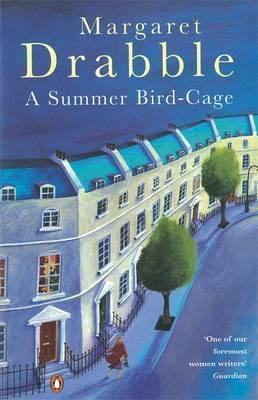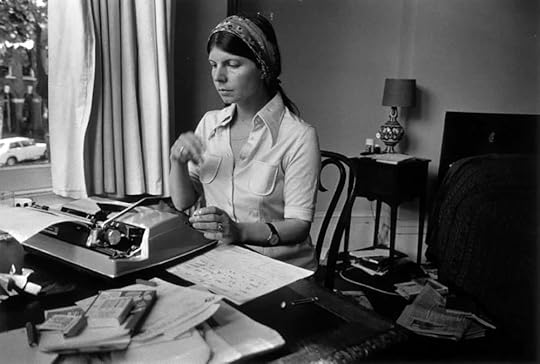What do you think?
Rate this book


208 pages, Paperback
First published January 1, 1963




I always take a book with me to parties. I find it is a girl’s best chaperone, but I did wish I’d picked up something more likely than Paradise Lost.
a great wave of nostalgia came over me … for days at a library desk with a pile of books and an essay subject and a week to find the answer, and the prospect of someone to tell me I was right or wrong
In the end she taught me the art of competition, and this is what I really hold against her
‘I have always tried,’ I said, ‘not to be like Louise. Or at least from the age of ten onwards.’
I wondered at the social meaninglessness of all our meetings. I never saw Louise except by accident or at parties. And all we ever did when we saw each other was drink the odd drink, exchange a platitude or two, and wait till the next time.
I said to myself, Louise always wins. Whatever she does, she wins. And I lose. I’ve too much wit and too little beauty, so I lose.